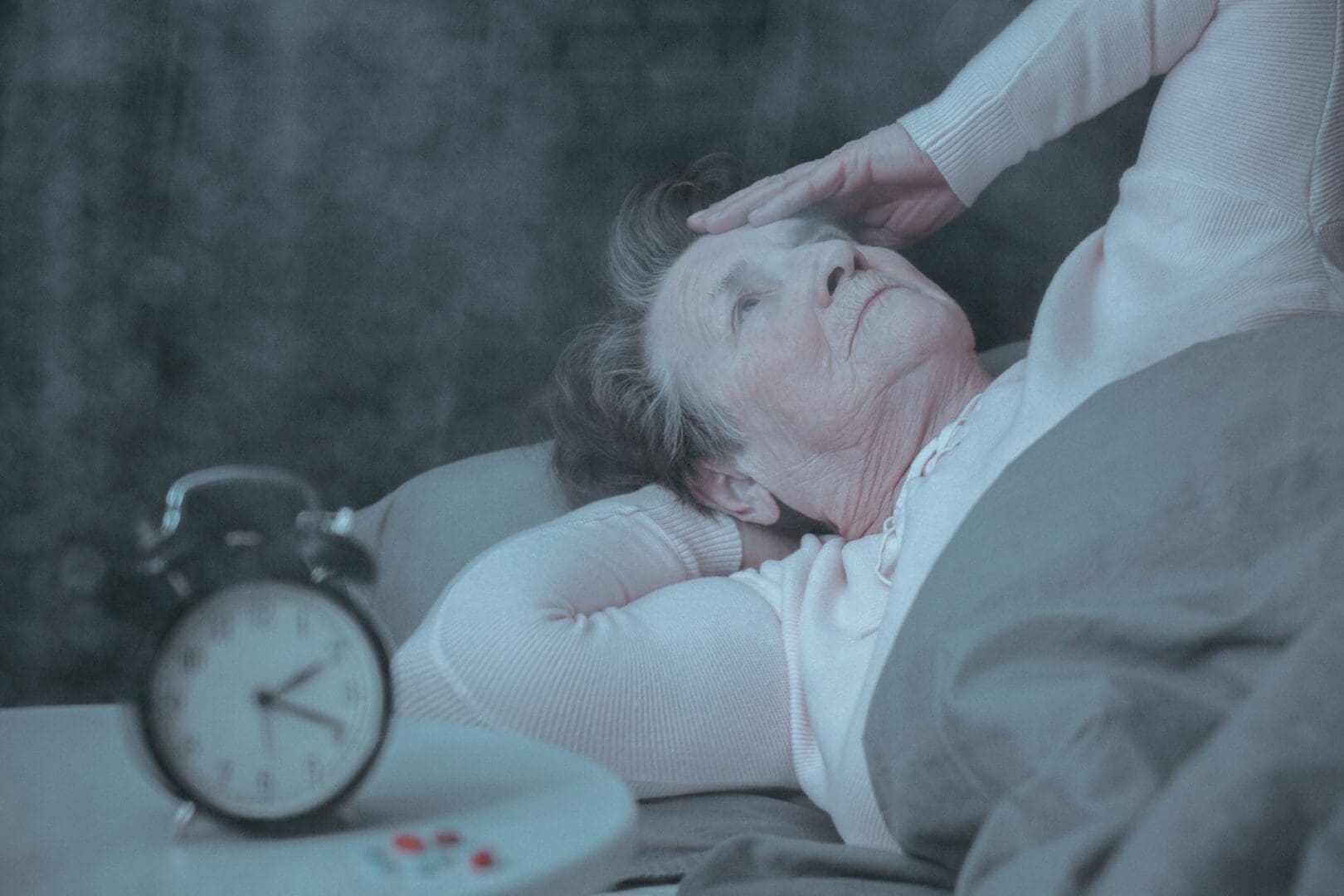
Understanding the steps to take following nursing home abuse is crucial before placing a loved one in care. When you’re no longer able to provide care for an elderly family member, finding the right nursing facility for their specific needs becomes essential. These facilities are designed to provide residents with a clean and safe environment to live in, accepting patients with various medical conditions such as diabetes and Alzheimer’s disease. They offer a wide range of care, from independent living to full-time medical assistance.
While you may trust that the nursing home will protect your loved one, it’s important to educate yourself about potential abuse and the necessary steps to take if your loved one becomes a victim. Being prepared can help ensure swift legal action and protection for your family members in case of any mistreatment.
What Is Nursing Home Abuse?
Nursing home abuse refers to any type of mistreatment that a person experiences in a nursing home facility. While some may only think about physical abuse, it’s crucial to understand that nursing home abuse can encompass emotional and financial abuse as well.
Physical abuse occurs when someone inflicts physical harm on a nursing home resident, such as slapping, kicking, or rough handling during care procedures. Emotional abuse can include yelling, threats, isolation, or even neglect of the resident’s basic needs. Financial abuse, though less common, is equally serious and occurs when a worker exploits a resident financially, such as taking money or using their funds without permission. Understanding these various forms of abuse is essential when considering the steps to take following nursing home abuse.
Documenting Signs of Abuse
If you suspect a loved one is a victim of nursing home abuse, one of the critical steps to take following nursing home abuse is to begin documenting the signs immediately. You must have documented evidence of any abuse you suspect. This can include photographs of physical bruising or unsanitary areas, a timeline of expected care vs. given care, and testimony from a patient, their doctor, and/or their family members. This documentation becomes stronger if you demonstrate that you first raised the issue(s) with a nursing home and did not receive assistance or a solution.
When to File a Report
One of the most crucial steps to take following nursing home abuse is to file a report as soon as you suspect elder abuse. Don’t hesitate to call 911 if you witness or strongly suspect immediate danger or severe neglect. In addition to emergency services, look for Adult Protective Service agencies in your area. These agencies are specifically designed to address elder abuse concerns and can often launch investigations based on reports. You can visit these offices in person or file an anonymous report online, allowing the protective agency to investigate without revealing your identity.
After filing a report, the next steps would be to meet with a lawyer specializing in elder abuse cases to learn more about your rights and potential legal recourse. For example, the Calandro Law team can guide you in navigating the complex legal landscape surrounding nursing home abuse cases. Remember, swift action can prevent further harm and ensure your loved one receives the care and respect they deserve.
Knowing the Steps to Take Following Nursing Home Abuse With Calandro Law
Many families assume that they don’t have a case against abusive nursing homes because they willingly moved their loved ones there. However, this is not true. You may have a claim on your hand that gives you the chance to get back the money you spent on the person’s care and gain money to pay for a better nursing home.
One of the vital steps to take following nursing home abuse is to seek legal counsel. Turning to Calandro Law is the most important step to take after you have filed a report and/or moved your loved one to a safer environment.
Call Calandro Law at (813) 563-6463 if you know someone who is or was the victim of nursing home abuse to find out more about your legal options.



